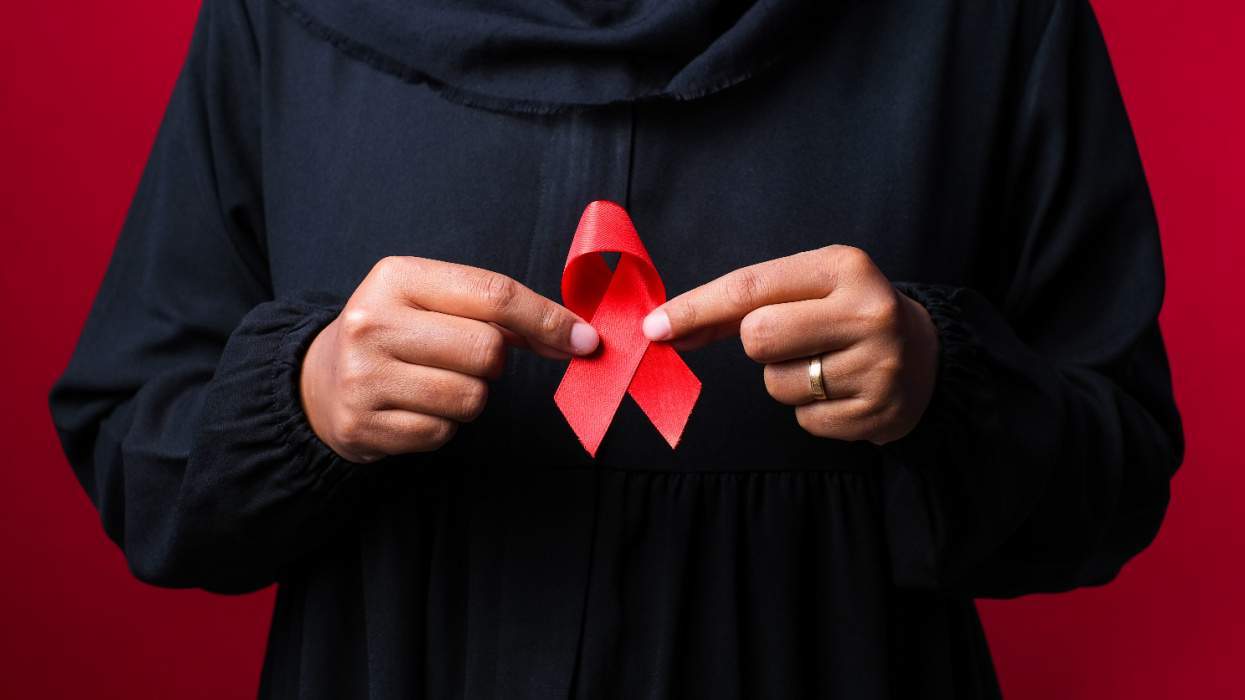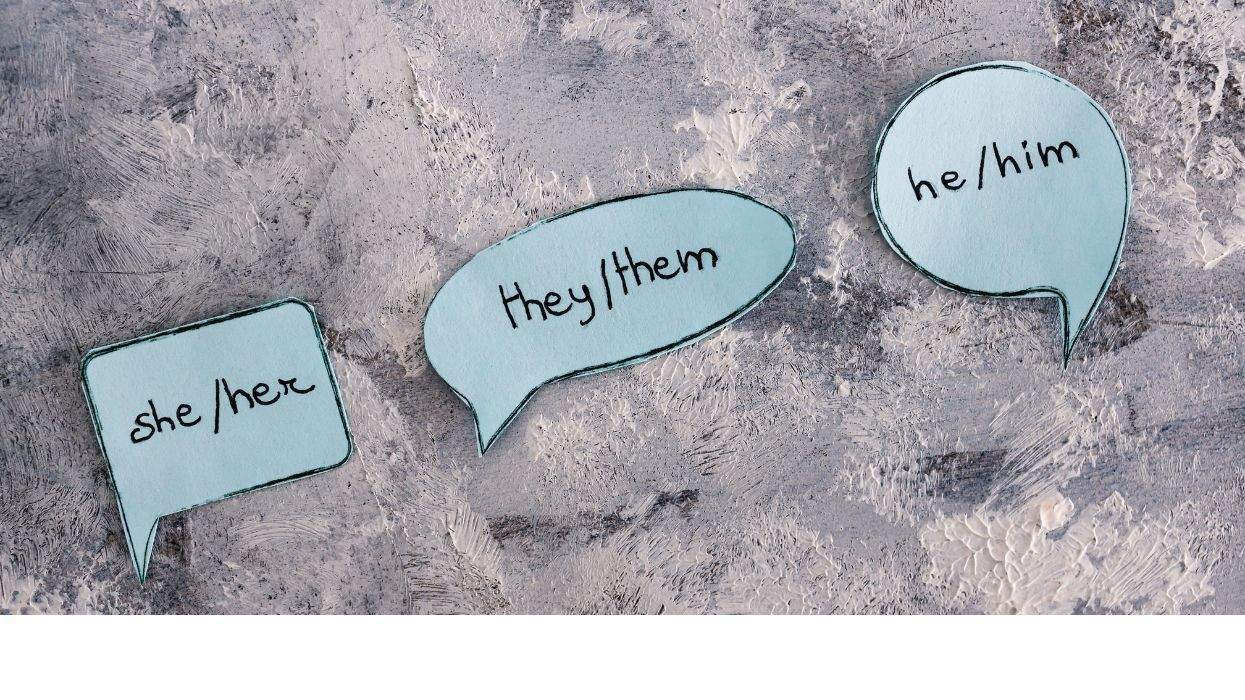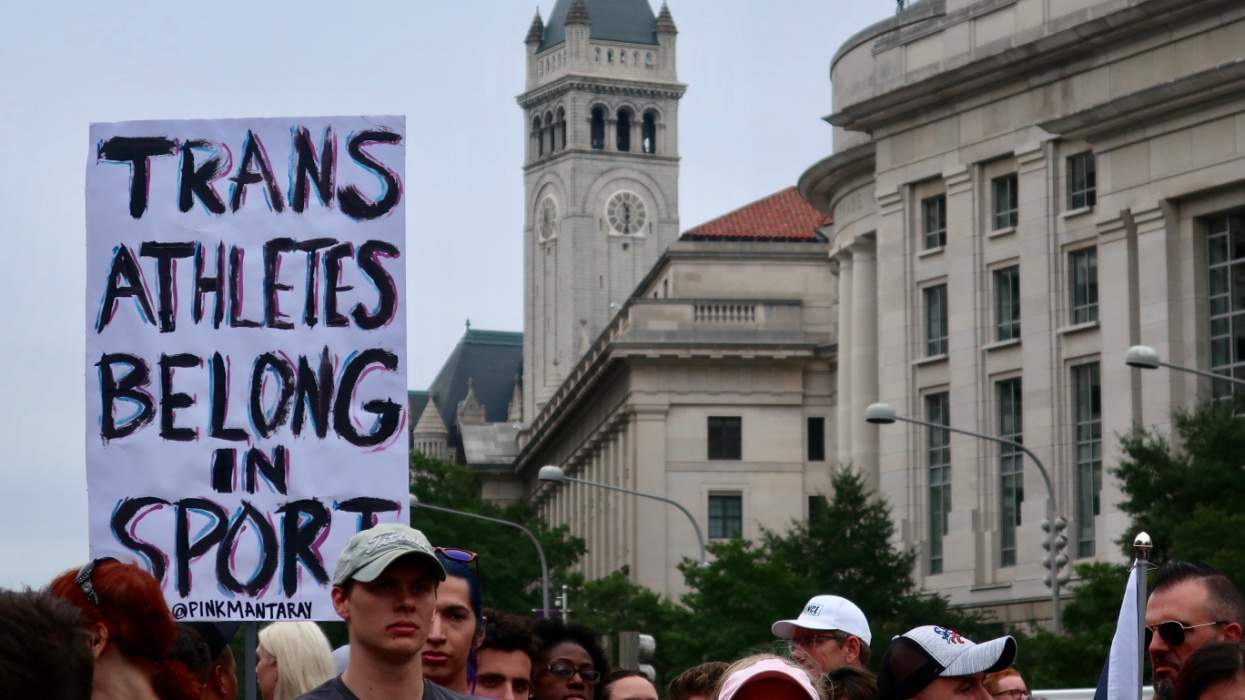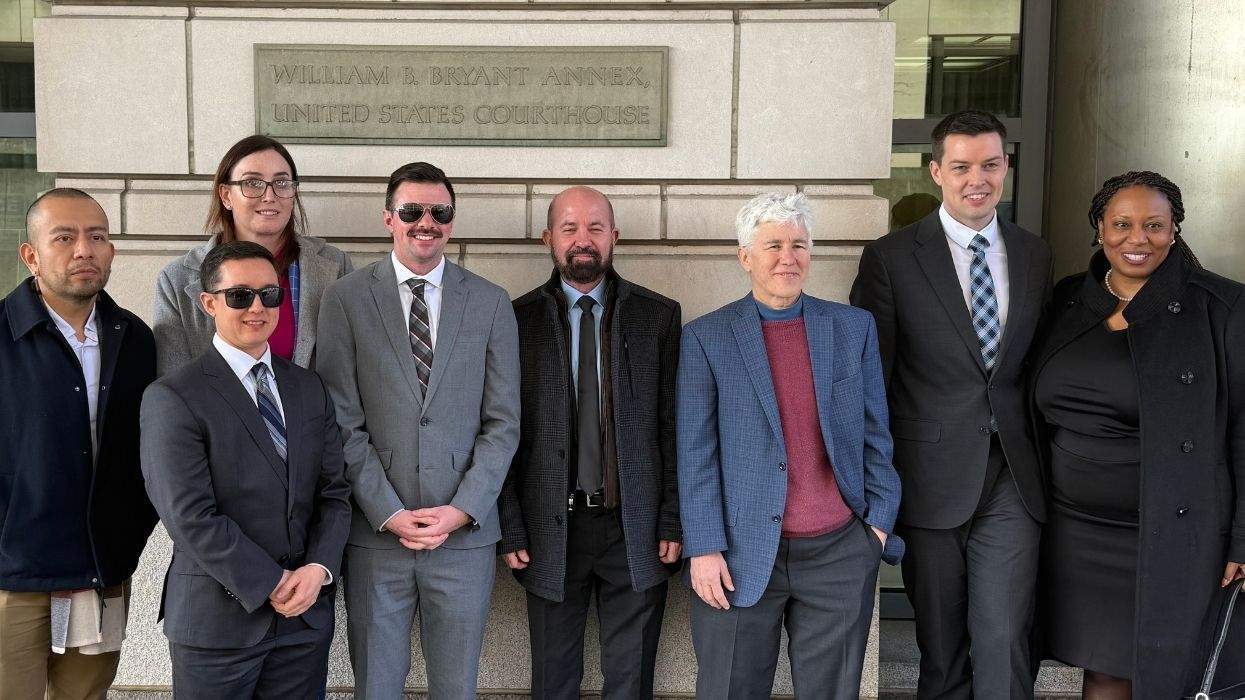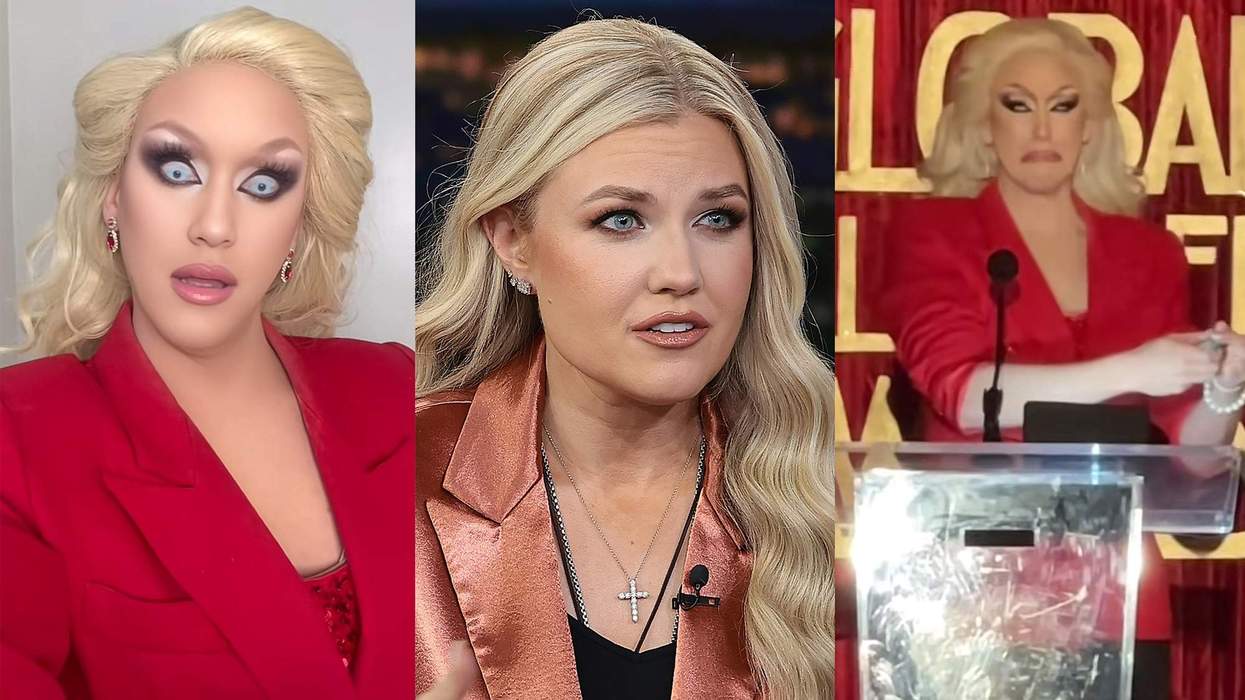A federal court in Florida has ruled that a transgender inmate at one of the state's prisons must be allowed to medically and socially transition.
Reiyn Keohane, 24, a transgender woman incarcerated at the Walton Correctional Institution in Florida's panhandle, had been denied hormone therapy and other treatment, and had been subjected to male grooming and dress standards, according to the American Civil Liberties Union of Florida, which represented her in court. Her female clothing items had been confiscated, and her hair was forcibly shaved.
The Florida Department of Corrections began providing her with hormone therapy after she sued in 2016, but still forced her to hold to male grooming standards. She had told corrections officials in 2014, when her incarceration began, that she had been living as a woman for several years, had changed her name, and had started hormone therapy, which she needed to continue.
Initially denied the treatment and continually subjected to male dress and grooming standards, she became so distraught that she attempted suicide at one point and self-castration at another, according to court filings.
"Ms. Keohane continuously grieved her denial of care during the first two years in Defendant's custody, but she faced roadblocks every step of the way," Chief U.S. District Judge Mark Walker of the Northern District of Florida wrote in his ruling, handed down Wednesday. "At times, her untreated dysphoria caused such extreme anxiety that she says she's attempted to kill herself and to castrate herself to rid her body of its testosterone source."
"When it comes to medical care in prison, reasonable minds may differ," Walker continued. "One can be negligent, even grossly negligent, when treating an inmate without offending the United States Constitution. ... But while the standard for establishing deliberate indifference is high, it is not impossible to meet. And if Ms. Keohane's treatment in Defendant's custody isn't deliberate indifference, then surely there is no such beast. Ultimately, this case is about whether the law, and this Court by extension, recognizes Ms. Keohane's humanity as a transgender woman. The answer is simple. It does, and I do."
The ACLU lauded the ruling. "We are thrilled that the Court has ruled that a prisoner with gender dysphoria must be afforded appropriate treatment, including hormone therapy and the ability to dress and groom in accordance with her gender identity," ACLU of Florida staff attorney Daniel Tilley said in a Wednesday press release. "Our client Reiyn has fought the DOC tooth and nail for years, and they have forcefully resisted providing her with treatment for her gender dysphoria every step of the way. After today, the DOC will no longer be able to subject her to forced buzz cuts or confiscate her bras and underpants. And her hormone therapy will continue. Today is a great day for our client, and we celebrate with her."
Added Leslie Cooper, deputy legal director with the ACLU's LGBT Project: "In today's ruling, the Court said that a prison may not force a transgender woman with gender dysphoria to live as a man and recognized that doing so puts her at risk of serious psychological harm. Allowing Ms. Keohane to dress and groom according to the same standards applied to other incarcerated women follows the practices of major prison systems across the country. Prisons and jails across the country that have fallen behind should take note of today's ruling and reform their policies. Litigation is wholly unnecessary if prisons and jails simply do the right thing."


